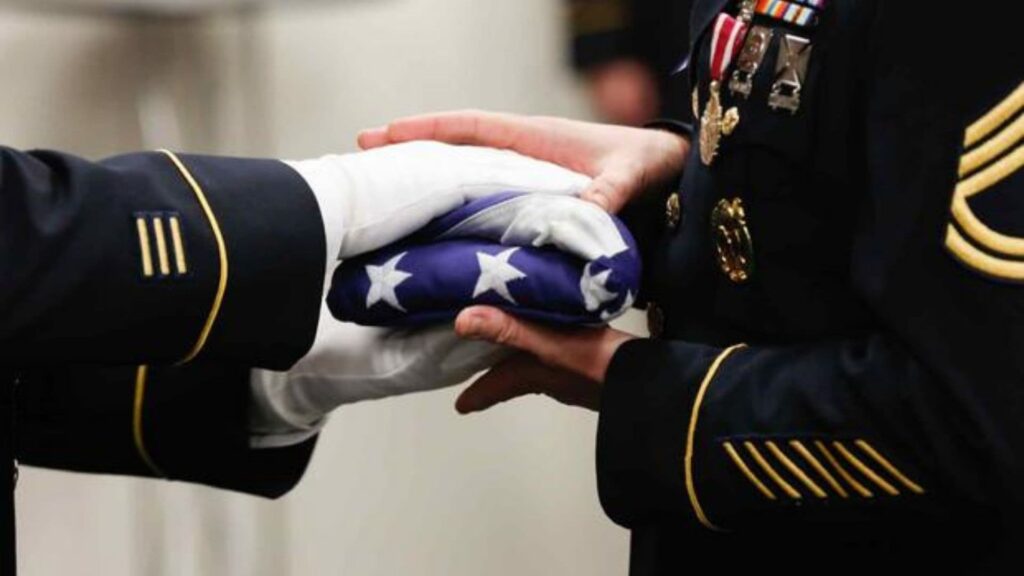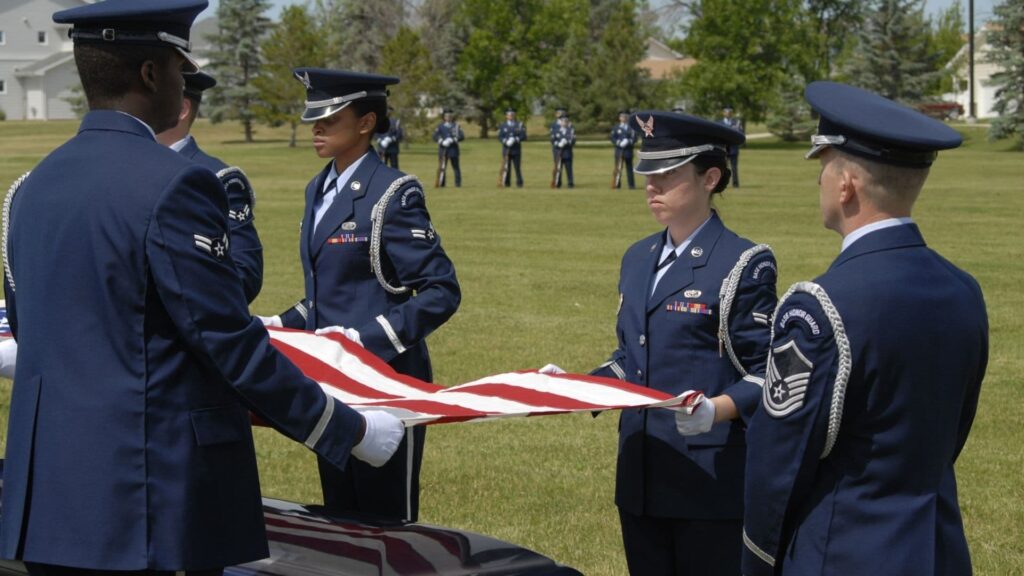Military spouses enjoy a variety of benefits, including subsidized childcare rates at base CDCs. They also qualify for financial assistance to help them pay for college, licenses, and certifications. They can also get health insurance through TRICARE. Spouses can also benefit from military discounts at restaurants, hotels, movie theaters, and bowling alleys. They can even receive free family counseling from on-base Family Support and Readiness Centers.
Benefits During Deployment
While being a military spouse is often challenging, it also brings many benefits. Some of these include a flexible work schedule, housing allowances, and access to education. In addition, spouses may have access to support programs and specialized benefits during deployment. These programs can help military spouses keep their jobs, pursue further education, and manage the stress of a service member’s deployment.
Some of these programs include the Post-9/11 GI Bill, the MyCAA program, and the Military Spouse Hiring Preference program. These benefits are designed to give military spouses access to higher-paying civilian jobs. They can also use them to pursue training or certifications, which can open the door for future opportunities.
In addition to these benefits, military spouses should be familiar with the resources available on their base. For example, they should know the location of their installation’s security office and how to access it. They should also learn the name of their command’s Ombudsman, which is a person who can assist with military family issues.
It is also important for military spouses to develop and maintain a daily routine. This will help them feel more comfortable when their service member is away. They should also make sure they have a safe place to store important documents, such as a binder with legal documents and important information like bank logins, emergency contacts, and insurance information. They should also have a specific Power of Attorney, which can be used for things like changing the name on a passport or renewing a DEERS or Tricare ID card while the service member is deployed.

School Benefits
Military spouses have a number of educational assistance programs available to them. These are administered by organizations that work in partnership with the Department of Defense and the individual branches of service. Some of these organizations are not-for-profit groups, while others are government agencies. These organizations offer a wide range of educational services, including tuition assistance.
The Air Force Aid Society offers scholarships to help military spouses and college-age children pursue their education. These scholarships can cover tuition, fees, books, and other expenses. The Fry Scholarship is a similar program that provides benefits to the spouses and children of military members who died in combat or as a result of a service-related condition. These benefits are available for up to 36 months.
My Career Advancement Account (MyCAA) is another educational assistance program that provides financial assistance to military spouses. This program is open to military spouses pursuing careers requiring licenses, certifications, or associate degrees. The program covers up to $4,000 in tuition aid over two years.
The Navy has several education assistance programs for spouses and family members. These include the Spouse Tuition Assistance Program and the Survivors’ and Dependents’ Educational Assistance Program (DEA). The DEA program allows the spouse of a deceased active duty or retired military member to receive full tuition coverage, a monthly living stipend, and money for books. It is also possible to use the GI Bill for school with the DEA program.
If you are a military spouse looking to earn your degree, there are several benefits available to help. These include financial assistance, school guidance, and assessment tools. Many colleges also offer distance learning, allowing you to complete courses remotely without having to travel to campus.
In addition to federal programs, each branch of the military offers its own education assistance programs for service members and their families. The Air Force, for example, offers the Spouse Tuition Assistance Program (STAP), which provides partial tuition aid to spouses of active duty airmen who accompany them overseas. Other programs for military spouses include the General Henry H. Arnold Education Grant Program, which provides need-based grants to spouses of military personnel, and the Army Emergency Relief Spouse Education Assistance Program, or Mrs. Patty Shinseki Scholarship Program, which helps military spouses pay for their first undergraduate degree.
There are also a number of state programs that provide education assistance for military spouses and their children, including the Post-9/11 GI Bill and the Military Spouse Career Advancement Account program. Those programs are only available to military spouses who are on active duty or have completed six years of service, but they can be transferred to their dependents after their service is complete.
In addition to these programs, several private and nonprofit organizations offer education assistance to military spouses and their children. These programs are often available through private universities and educational foundations.

Retirement Benefits
Military spouse benefits after retirement can be complex. There are many factors to consider, including the length of marriage and years of overlap in military service. In addition to the basic allowance for housing, which enables a military spouse to float all or most of the cost of living during your spouse’s deployments, you might also be eligible for the survivor benefit plan (SBP). SBP is an annuity that gives a former spouse an equal share of your service member’s final retired pay if they pass away before you do.
In order to qualify for SBP coverage, a couple must have been married for at least 10 years and had overlapping military service for at least 20 years. However, a court cannot award a former spouse more than 50% of their servicemember’s “disposable retired pay.” This is because the total amount of retired pay calculated through the Defense Finance and Accounting Service is tied to the service member’s rank and years of active duty and not subject to marital property division.
In addition to SBP, former spouses may have access to medical and commissary benefits. These benefits are based on a state’s law and not federal law, meaning that no divorce or legal separation court orders will impact your eligibility for these benefits. The Department of Defense does recognize a legally-separated spouse as a “spouse” and issues them an ID card that entitles the person to TRICARE coverage, PX, and Commissary privileges.

Benefits After Death
A service member’s death can have a significant impact on military spouses. But there are benefits that can help. These include a death gratuity, health care, and commissary privileges. Also, surviving children can receive compensation for educational expenses under the Forever GI Bill. There are other, less well-known, benefits available to survivors.
For example, the Survivor Benefit Plan (SBP) allows retiring military members to allocate a portion of their retirement pay to a beneficiary upon their death. This monthly payment, known as an annuity, can cover up to 55 percent of a deceased veteran’s retired pay. SBP participants must choose either full or reduced coverage at the time of retirement, and the amount of coverage is based on the percentage of the retiree’s pay that was covered by SGLI while in active duty.
The former spouse of a deceased service member may continue to use the health care, commissary, and post/base exchange benefits of the deceased military member. This is only possible if the marriage and the service member’s creditable period of time overlapped for 20 or more years. The former spouse must submit a request to discontinue the SBP coverage with DFAS-CL within one year of the retiree’s death.
In addition, the surviving spouse of a deceased service member may be eligible for Dependency and Indemnity Compensation. This tax-free payment is typically in the tens of thousands of dollars per year and can be used to help cover the cost of living. However, a surviving spouse’s eligibility for DIC can be lost if she remarries.

Benefits After Divorce
Military spouse benefits after divorce can be tricky to determine and may depend on how long you were married and the length of your spouse’s service. For example, if your spouse has served for 20 years and you have been married for 10, then you would be eligible to receive half of his or her retirement pension following the divorce.
For former military spouses to qualify for full ID card benefits such as commissary and exchange privileges, their marriage must have lasted at least 20 years and overlapped by at least 15 years with the service member’s military career. This is known as the 20/20/20 rule, and it’s a statutory requirement. The military’s other benefit system, TRICARE medical coverage, is also subject to the 20/20/20 rules. Former spouses are entitled to one year of transitional TRICARE upon divorce and then can continue to access medical care through the Department of Defense as long as they do not remarry.
The military’s Survivor Benefit Plan (SBP) is another military benefit for divorcing spouses, but this benefit only provides income to the civilian beneficiary at the time of a service member’s death. To retain this benefit, the civilian former spouse must be awarded it through a Qualified Domestic Relations Order (QDRO).
Finally, the TSP is a valuable military benefit for divorced spouses and is one of the few assets that is not subject to division in a divorce settlement. The TSP is a defined contribution account like a 401(k) or IRA. To keep this benefit, the former spouse must elect “former spouse coverage” from the military finance center within a year of the divorce.
